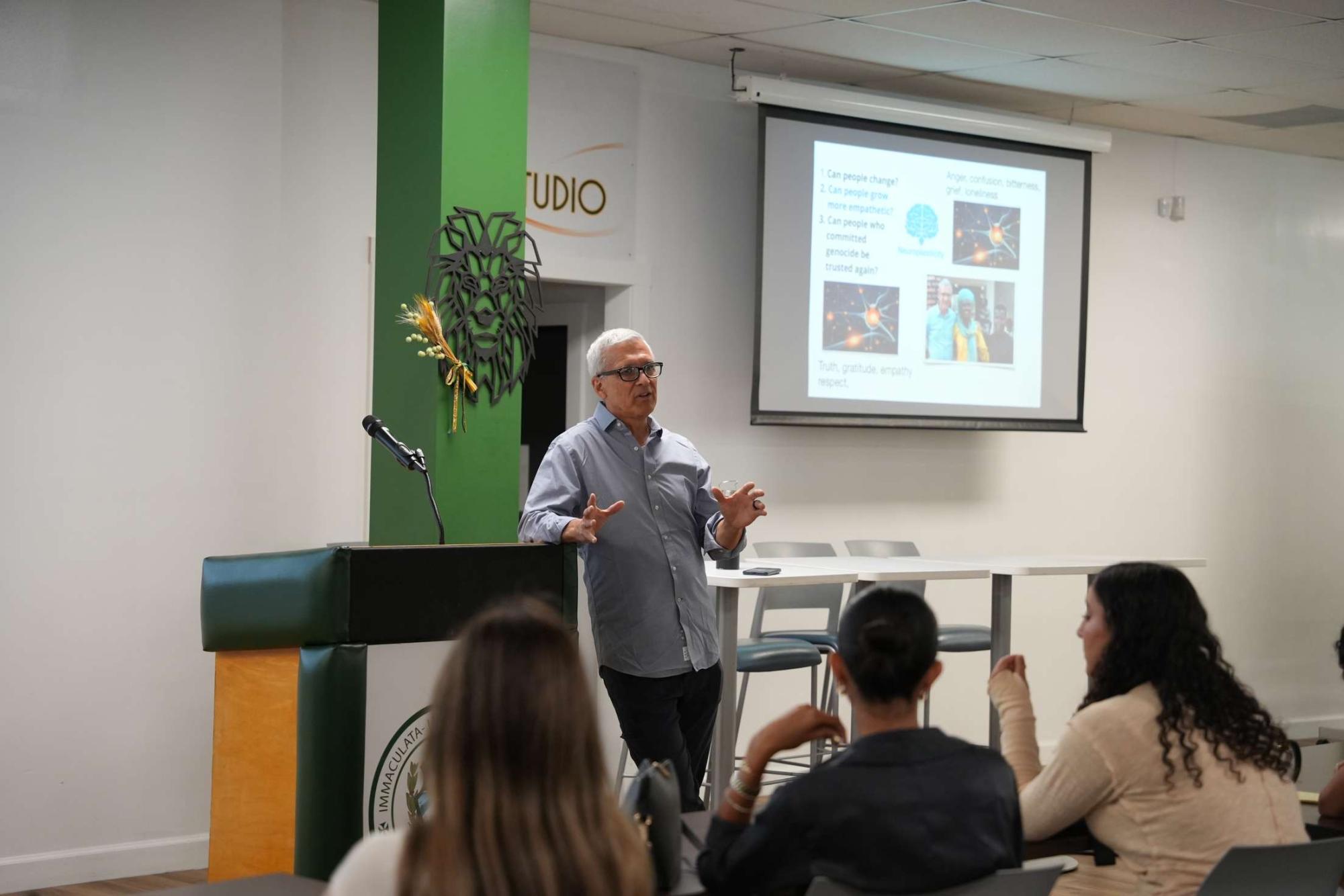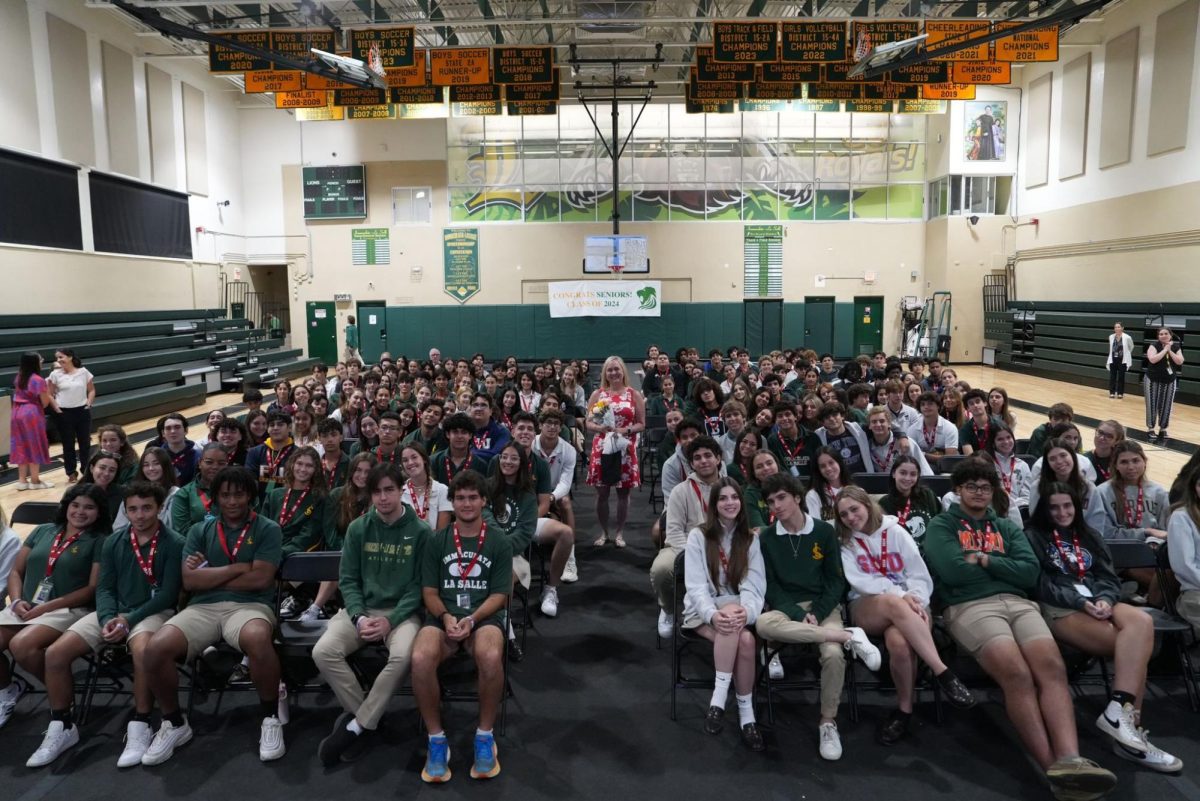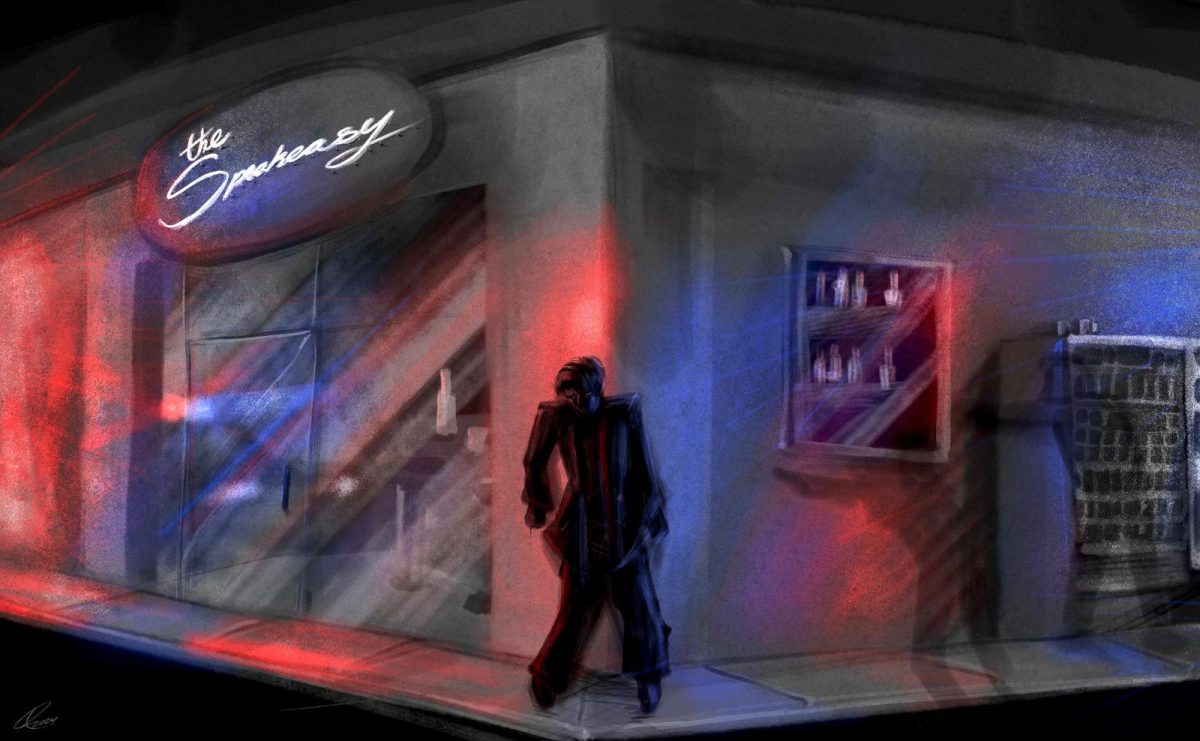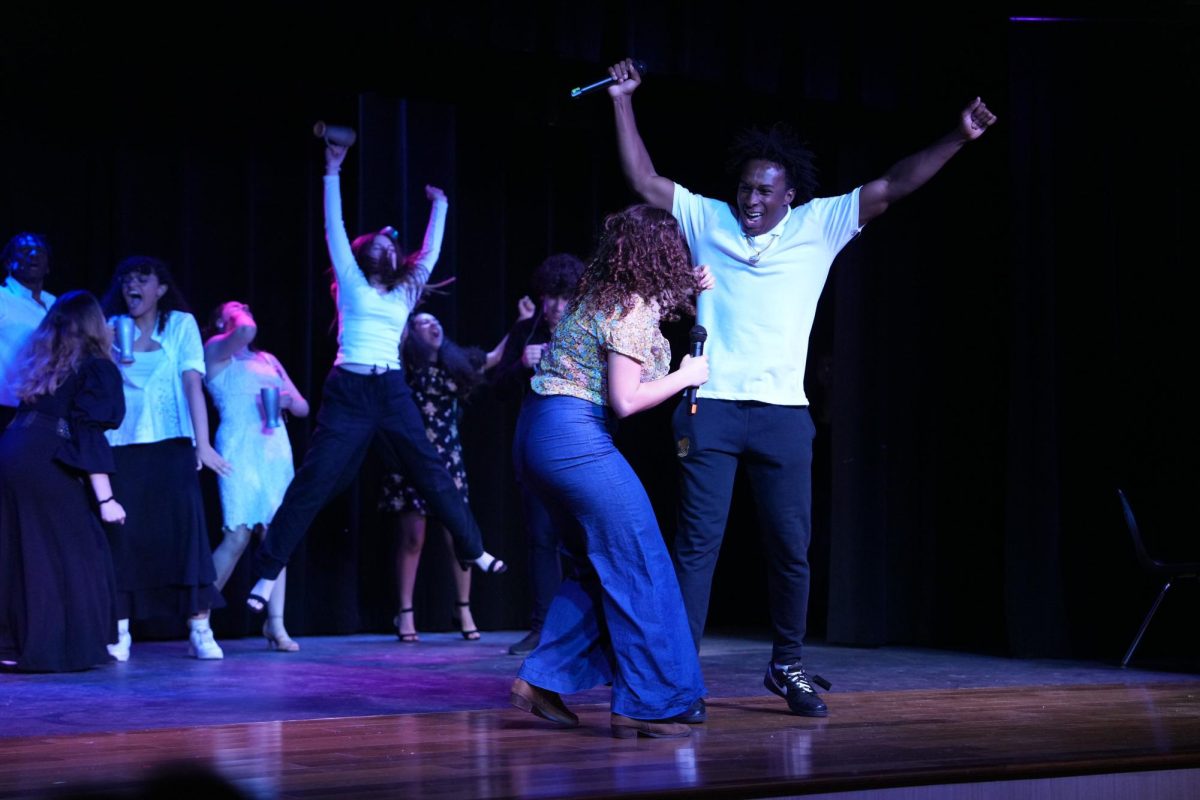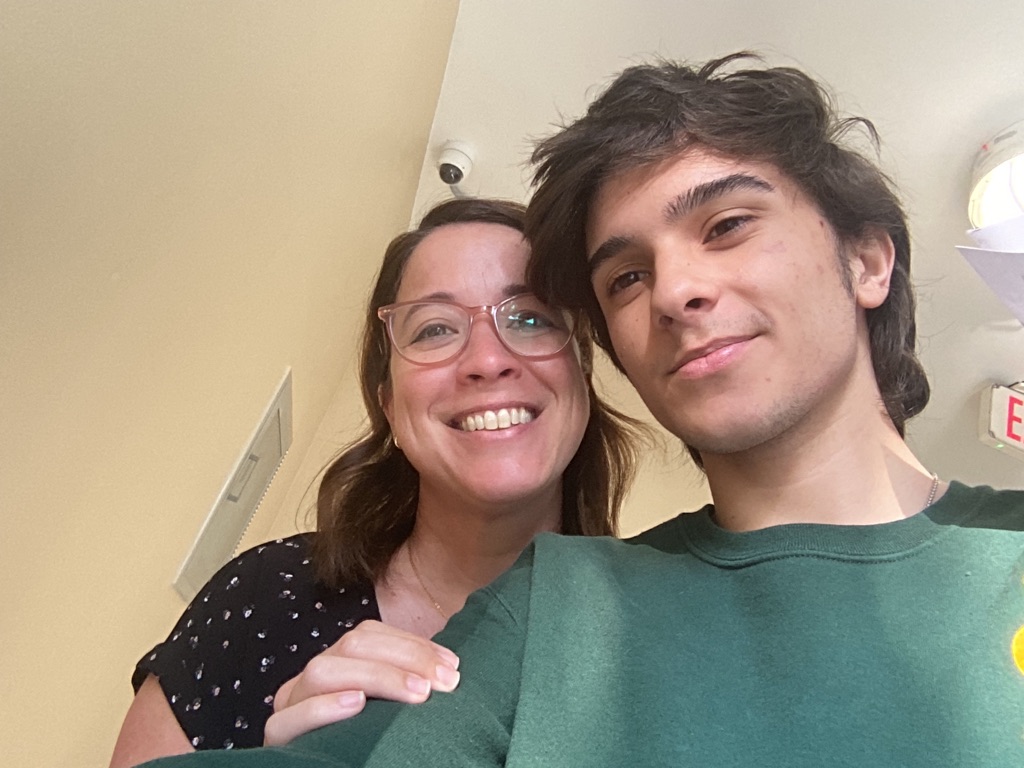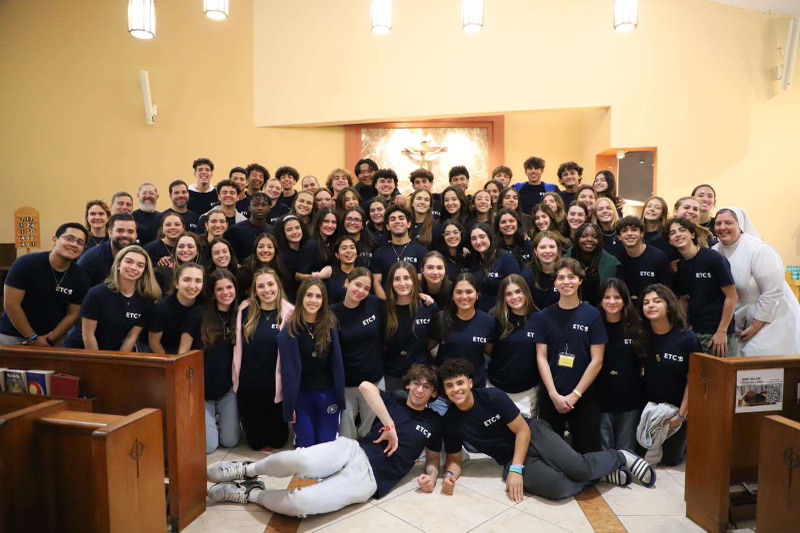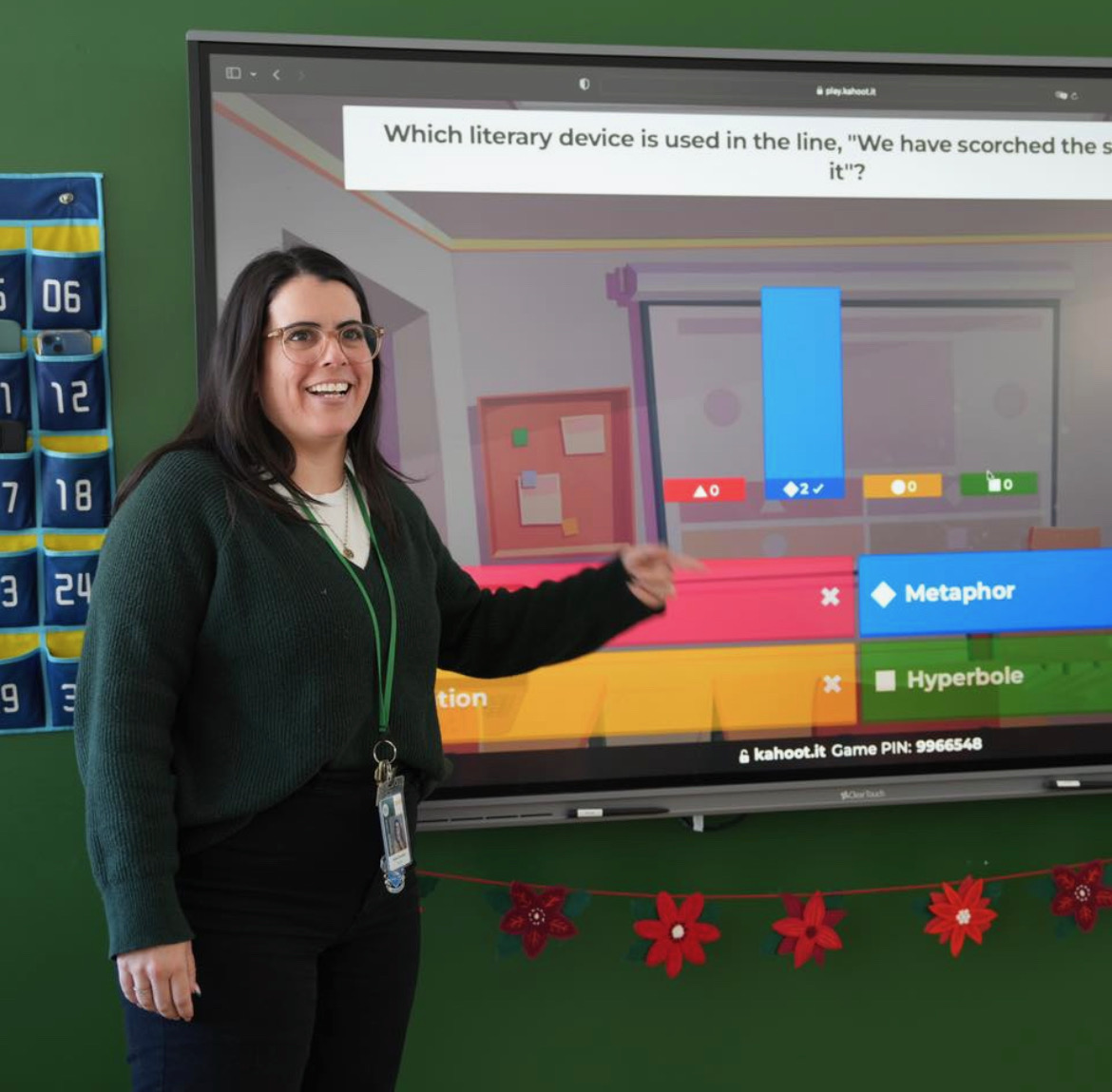Mr. Carl Wilken’s traumatic yet moving first-hand experience with Rwanda’s 1994 genocide has heightened his devotion to humanitarian work and educating individuals on peace efforts. On Sunday, April 14th he visited Immaculata-La Salle to inform Applied Global Leadership (AGL) students of the recovery process preceding the devastating event in Rwanda.
The situation of 1994 left the country of Rwanda in shambles and killed more than 800,000 people. An unexpected uprising of the Hutu ethnic group attacked Tutsi people because of the notion they were dangerous traitors. Since then there have been many alterations in their structure of government.
“Rwanda now provides opportunities for women to be powerful citizens enforcing change in their community. So much so, 60% of their government is women,” said Mr. Wilkens.
That statistic holds the weight of being the largest number of women involved in a country’s leadership. This growth is not a miracle but the result of many reforms to rebuild the nation in aims to prevent another massacre.
“Umuganda gathers people in a positive light with the collective goal of restoring their community’s relationship and streets. It is a shared experience that is mandatory for civilians, including the president, to participate in every last Saturday of the month,” added Mr. Wilkens.
This law required service day has been enforced to restore the atmosphere between diverse ethnic groups and promote the regrowth of their nation.
Throughout his lecture, Mr Wilkens emphasized the importance of accepting and encouraging diversity amongst Rwandans in their restoration efforts. He views this element of their transformative process as most effective and vital to the changes being made in the country. Passionately, he described a Rwandan woman he knew personally who has embodied this alteration through neuroplasticity.
“Maria has become close friends with the Hutu member, Filbert, who was involved in the murder of her husband and three sons. She so inspiringly has forgiven him and renders him apart of her family today. A majority of people would remain attached to the anger and affiliate him to such emotions, but she has found peace and paints him with positive feelings. A transition in the brain done because of neuroplasticity,” explained Mr. Wilkens.
Students who attended the conference were especially moved by Maria’s transition to peace despite the prior violent actions of Filbert on her.
“It is incredible to see her growth and how she has included Filbert into her family. I can’t imagine how hard that is to overcome,” shared junior Chloe Ruiseco.
The stories and progress of Rwanda shared on Saturday illustrated to AGL students how collective efforts can truly affect a country, helping it recover from a tragedy and make new inroads toward increasing peace among adversaries.


